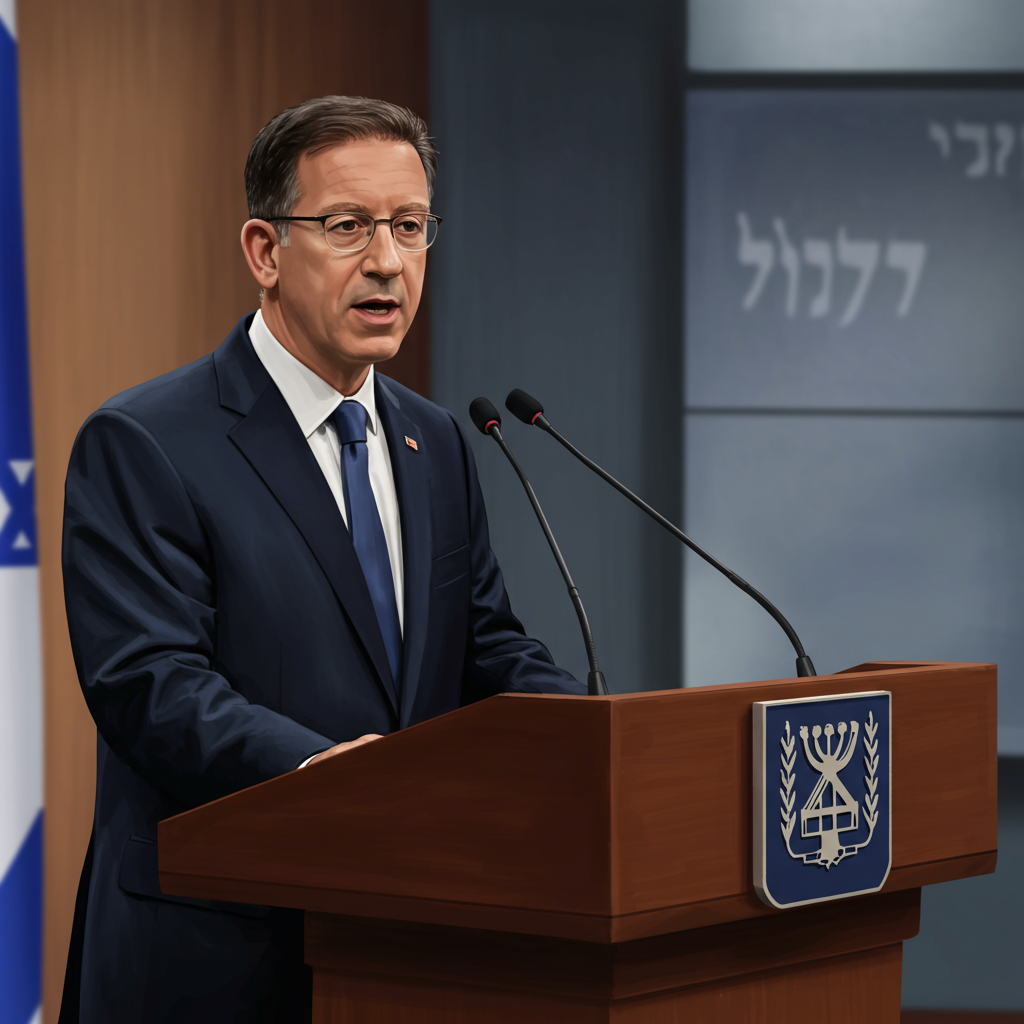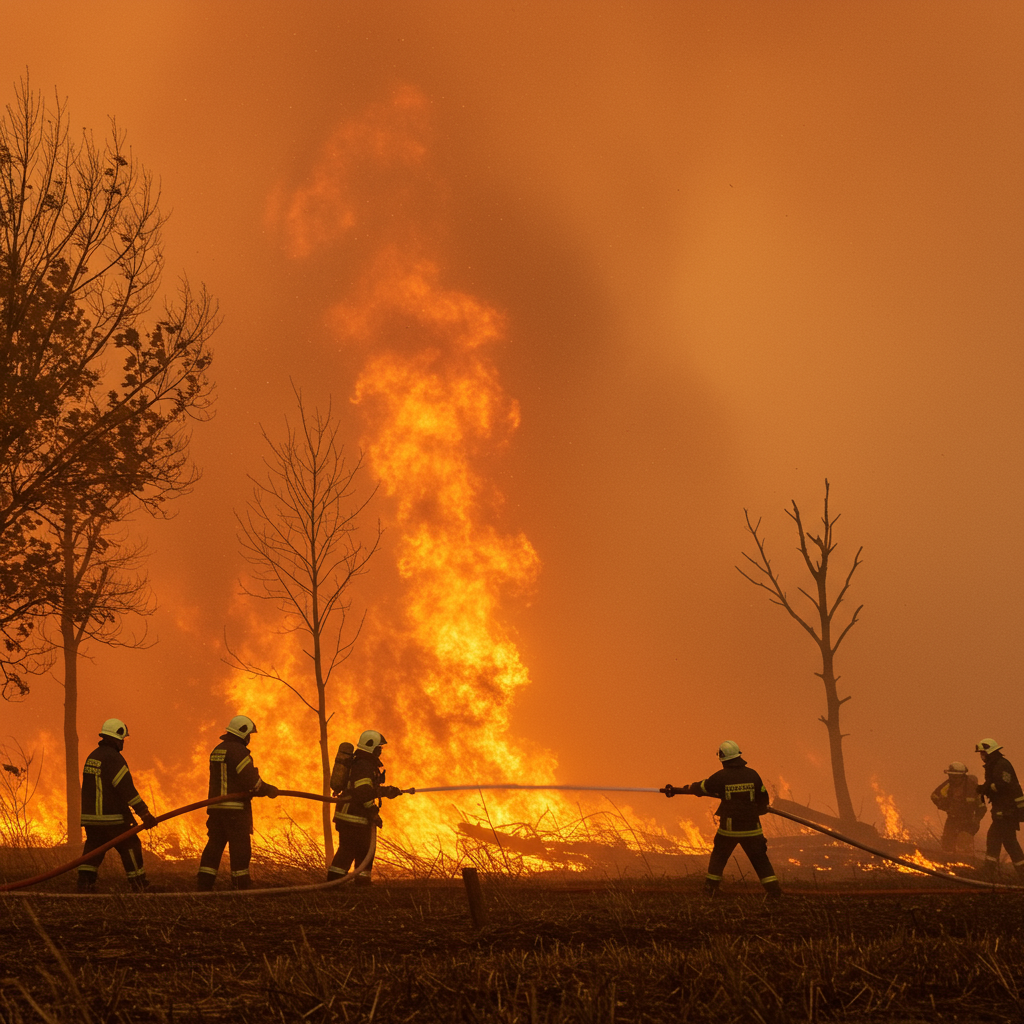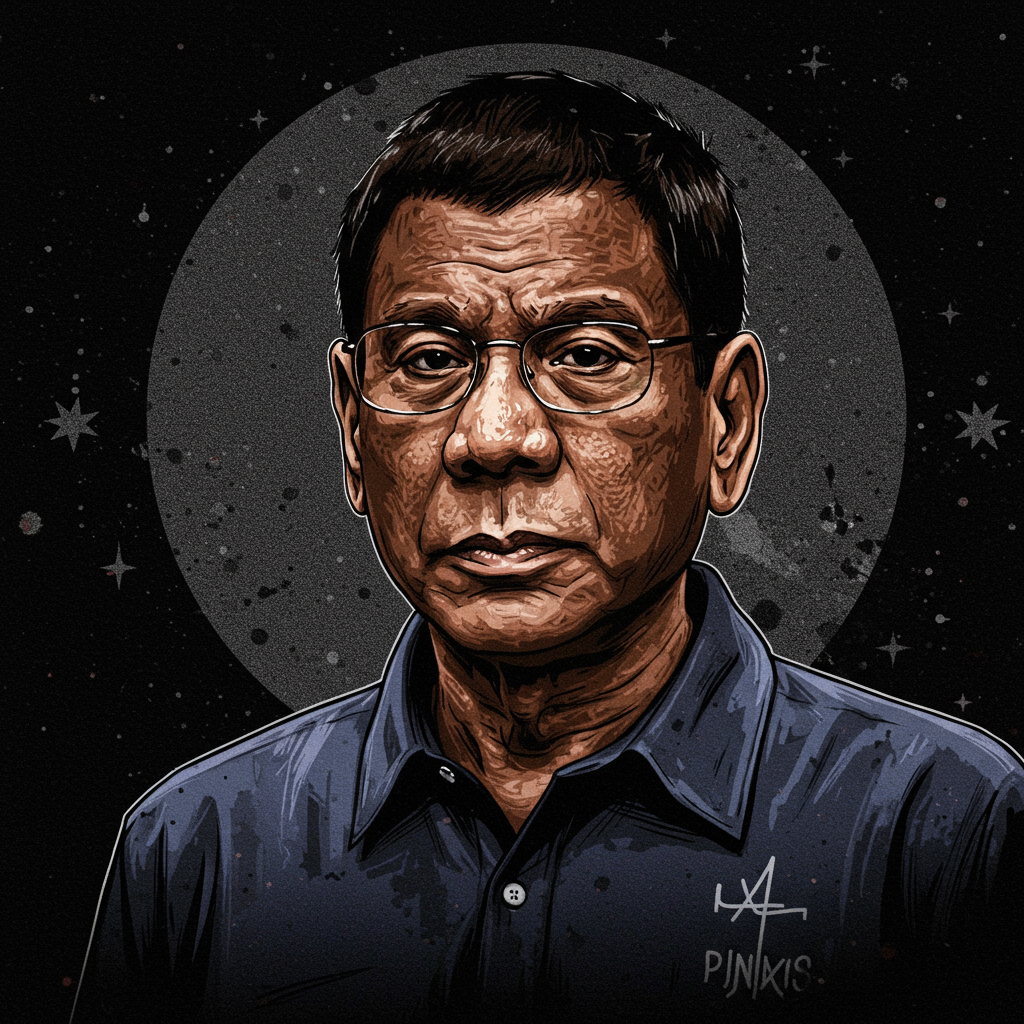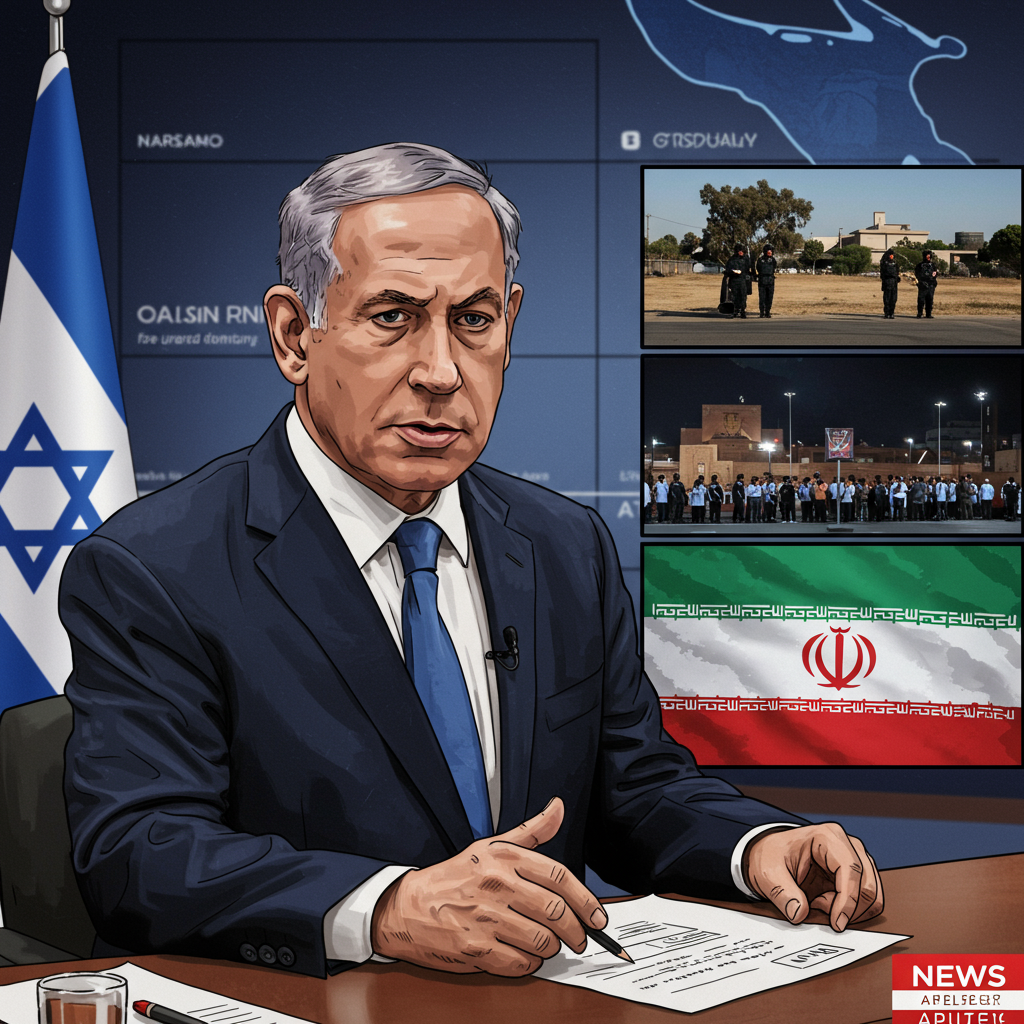Israeli President Isaac Herzog recently clarified his nation’s objectives regarding Iran amidst escalating tensions, stating explicitly that Israel is not pursuing regime change in Tehran. Instead, he affirmed, the military actions taken against Iran are solely aimed at dismantling its nuclear capabilities.
Speaking to CNBC, President Herzog emphasized that while a “change in [the Iranian] regime can also bring peace in the region,” such an outcome is “not an official objective of ours.” He reiterated that Israel’s primary goal remains “to remove the Iranian nuclear program,” accusing Tehran of “cheating” and “rushing to the bomb.”
This statement comes during a volatile period marked by direct military exchanges between Israel and Iran. On June 13, Israel launched a series of airstrikes targeting sites it linked to Iran’s nuclear program. Both nations have since engaged in retaliatory strikes.
Focus on the Nuclear Threat
The status and intent of Iran’s nuclear program are central to the conflict. The International Atomic Energy Agency (IAEA) has urged Iran to cooperate fully to provide assurances of its program’s exclusively peaceful nature. The IAEA has reported that Iran possesses enough uranium enriched to 60% purity to potentially produce several nuclear bombs, though the agency has not found definitive proof of a systematic effort to move towards weaponization. This contrasts with claims from Israeli intelligence, which reportedly suggested Iran was only weeks away from bomb capability, a timeline that influenced Israel’s decision to strike.
Israeli strikes have reportedly targeted various facilities, including damage confirmed by the IAEA at the Natanz uranium enrichment plant, TESA Karaj, and the Tehran Research Center. Reports also indicate strikes on other potential nuclear-related sites, missile production facilities, radar installations, and surface-to-surface missile launchers across Iran. While Israel claims its strikes have significantly impacted Iran’s nuclear progress, Iran asserts the damage has been limited. Dealing a decisive blow to deeply buried sites like Fordow would likely require specialized “bunker-busting” munitions that Israel may not possess, potentially necessitating U.S. involvement for complete destruction.
Conflicting intelligence assessments within the United States have added complexity. While some reports, including a March assessment from the U.S. intelligence community, indicated Iran was “not building a nuclear weapon,” then-President Donald Trump reportedly dismissed this view, claiming Iran was “very close” to possessing a bomb.
The Debate Over Regime Change
While President Herzog denies regime change is an official goal, the idea has been floated elsewhere. Some analysts note that Israeli Prime Minister Benjamin Netanyahu has publicly encouraged Iranians to challenge their rulers and has suggested regime change “could certainly be the result” of pressures on the regime, seeing it as a personal focus for him, contrasting with the Israeli establishment’s primary focus on the nuclear program.
However, experts and historical context caution against external efforts to engineer political change in Iran. The history of U.S./Western-backed regime change attempts in the Middle East and beyond (such as in Afghanistan, Iraq, and Libya) is fraught with difficulties, often leading to prolonged instability, power vacuums, and unintended negative consequences rather than stable, desirable alternatives. Experts argue it’s far easier to disrupt a system than to rebuild it successfully from the outside. The 1953 CIA-backed coup in Iran, which overthrew a democratically elected leader and installed the Shah, is often cited as a historical misstep that ultimately contributed to the 1979 Islamic Revolution.
This historical track record fuels skepticism about the feasibility and desirability of external regime change. Furthermore, analysts note that bombing campaigns are unlikely to galvanize public support against the regime and for the aggressor, particularly when the Iranian public is already suffering under sanctions and other domestic issues. The current mood in Iran following the strikes has been described as defiant, with no widespread public sympathy for Israel.
Diplomatic Fallout and Escalation
The heightened military activity has severely impacted diplomatic efforts. Iran cancelled a scheduled round of nuclear talks with the United States in Oman, stating the recent “barbarous” Israeli attacks, which they accuse the U.S. of supporting, made negotiations “meaningless.” U.S. officials denied complicity but expressed disappointment over the cancellation.
President Trump’s stance during this period has appeared contradictory, reportedly warning Netanyahu against actions jeopardizing talks but later calling the Israeli strikes “excellent” and issuing warnings to Iran. He suggested the conflict presented a “second chance” for Iran to avoid further destruction and later claimed he sought “something much bigger than a ceasefire.”
Amidst the strikes, casualties have been reported by both sides. Israel’s military reported striking numerous targets across Iran, claiming significant damage to military infrastructure and achieving “full air superiority over Tehran,” a claim Iran disputes. Iran has responded with missile and drone barrages targeting Israeli cities and infrastructure, including a major oil refinery in Haifa.
The escalating conflict has drawn international attention. While the Group of Seven (G7) nations expressed support for Israel and condemned Iran, China condemned Israel’s actions as a violation of Iranian sovereignty. Calls for de-escalation have come from multiple global actors.
Despite the severe escalation and diplomatic setback, President Herzog indicated that “a lot of back channel National talks and dialogue with world leaders is actually quite intensive,” suggesting efforts to manage the crisis continue behind the scenes. However, analysts highlight the crisis as an unpredictable and potentially “existential moment” for the Iranian regime, warning that cornering Tehran could lead to desperate measures or increased reliance on regional proxies. The trajectory of the conflict remains highly uncertain and significantly dependent on continued military actions and, crucially, the decisions and involvement of the United States.




